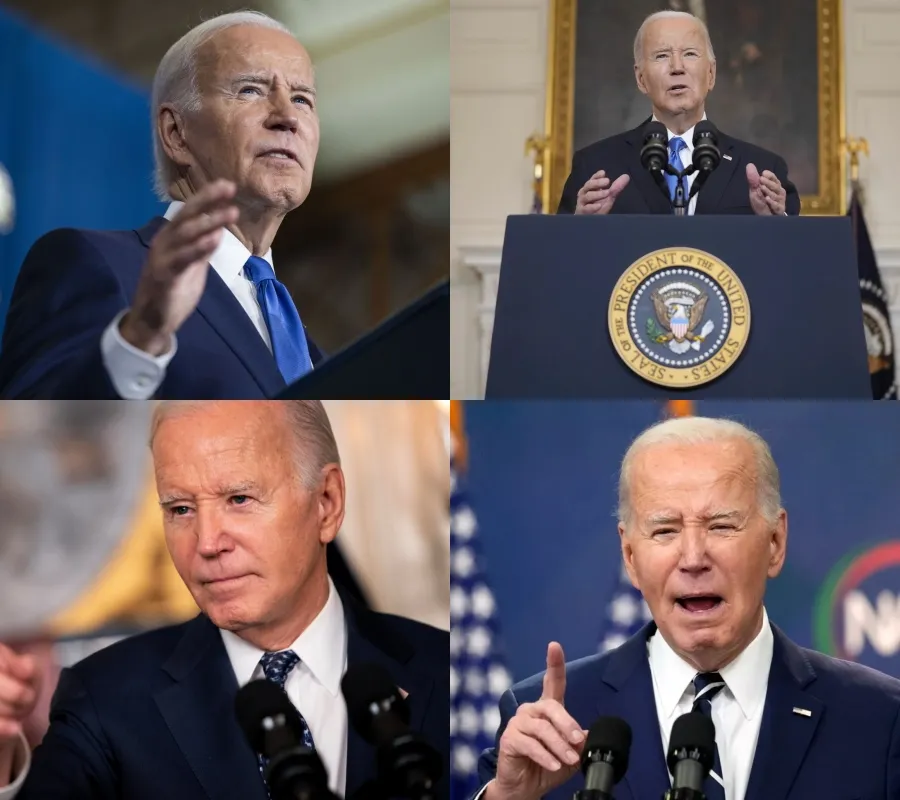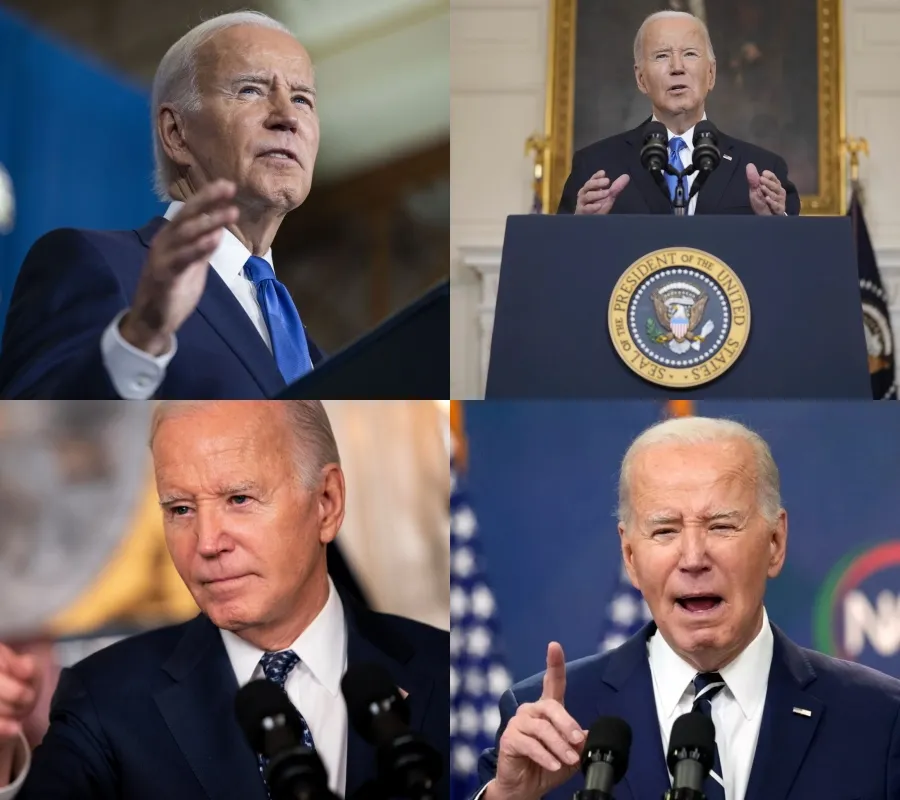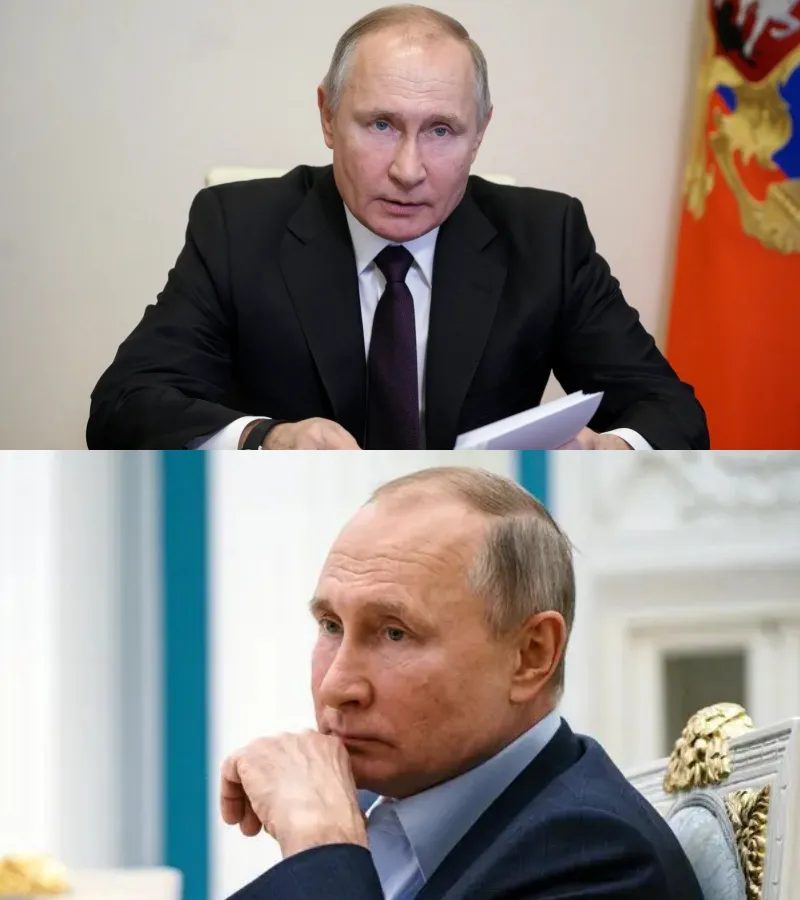
The Biden administration plans to accuse Russia of a sustained campaign to influence the 2024 US elections, leveraging Kremlin-run media and other online platforms to spread disinformation targeting American voters, according to six sources familiar with the matter.
US Response to Russian Disinformation Campaign
On Wednesday, the US is expected to take several actions to counter the Kremlin’s efforts, including a public condemnation from the White House and law enforcement actions by the Justice Department targeting the covert Russian campaign. The Russian state media network RT (formerly Russia Today) is a significant focus of the US announcement, as it is considered a key tool of Kremlin propaganda.

The disinformation operation reportedly involves laundering content through both American and non-American voices, four of the sources said. The upcoming moves are anticipated to be the Biden administration’s most substantial response yet to alleged Russian efforts to influence American voters.
Broader Context and Actions by the Biden Administration
These actions follow recent US accusations against Iran for attempting to hack both the Trump and Biden-Harris campaigns. Wednesday’s announcements underscore the ongoing concern among US officials regarding Russia as a prominent foreign influence threat to the upcoming election.
Attorney General Merrick Garland will host a meeting of the Justice Department’s Election Threats Task Force, attended by senior law enforcement leaders, including FBI Director Christopher Wray, to discuss the threats.
Another Russian entity expected to be named is the Social Design Agency, previously sanctioned by the Treasury Department for allegedly operating fake news sites in Europe on behalf of the Russian government. The agency’s involvement highlights a broader strategy by Russia to influence global narratives.

Previous Actions Against Russian Interference
This will mark the second major effort by the Biden administration to counter RT’s influence in recent months. In July, the Justice Department accused an RT employee of being involved in a disinformation scheme that used about 1,000 social media accounts posing as US residents to spread false information about the Ukraine war and other topics. The Kremlin has denied these allegations, while RT has previously dismissed US accusations as baseless.
Growing Concerns of Foreign Influence
The increasing attempts by foreign actors to influence US elections since Russia’s 2016 activities, which included hacking the Democratic National Committee, have kept US officials on high alert. In the 2024 election cycle, US authorities are also closely monitoring Iran and China for similar activities aimed at influencing American voters.
Iran’s recent use of a “hack-and-leak” tactic similar to Russia’s in 2016, including a successful hack on the Trump campaign, has heightened US vigilance. Meanwhile, Chinese leader Xi Jinping has assured President Biden that China will not interfere in the 2024 US election, but US officials remain cautious.

Ensuring Election Security
Despite these foreign efforts to sow discord and shape voter opinions, the integrity of the voting process remains robust and is protected by multiple layers of security. There is no evidence that foreign or domestic actors have successfully tampered with vote tallies in a US election.
An estimated 97% of registered voters in the 2024 US election will cast their ballots in jurisdictions with a verified paper record, enhancing transparency and security around the vote, according to Jen Easterly, Director of the US Cybersecurity and Infrastructure Security Agency.
“Election infrastructure has never been more secure,” Easterly emphasized, reflecting the resilience of US electoral systems against external interference.






